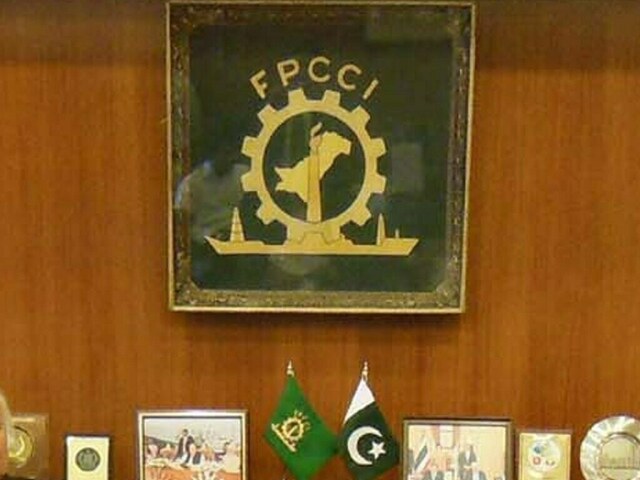LAHORE: Federation of Pakistan Chambers of Commerce and Industry (FPCCI) issued an urgent appeal to the government on Thursday, demanding the immediate withdrawal of retrospective gas bills levied on industrial and commercial consumers.
The apex trade body warned that the additional financial burden is unsustainable for the country’s already struggling industrial sector.
The demand was formally presented by FPCCI’s leadership, including Vice President and Regional Chairman Zain Iftikhar Chaudhry and Vice President Zaki Aijaz. They have called upon Prime Minister Mian Shehbaz Sharif, Petroleum Minister Ali Pervez Malik, and relevant regulatory authorities to intervene and reverse the controversial billing practice implemented by the Sui Northern Gas Pipelines Limited (SNGPL).
Addressing at a press conference at the FPCCI Regional Office in Lahore, Chaudhry stated that chambers of commerce and trade associations across the nation are united in their opposition. He emphasised that the move jeopardizes Pakistan’s industrial output, export potential, and broader economic health.
“The industry is not in a position to bear these bills,” Chaudhry asserted. “This measure threatens to trigger a severe crisis from which it will be difficult to recover.”
The FPCCI leadership expressed grave concerns over the lack of transparency in the decision-making process. They criticized SNGPL for imposing the retrospective charges without any prior consultation or official notification to the business community, an action they say has created significant anxiety and unrest among industrialists.
Beyond the financial strain, the federation questioned the legality and procedural fairness of the unilateral decision.
Chaudhry specifically highlighted the existential threat posed to small and medium-sized enterprises (SMEs), which operate on thin margins. He categorically rejected SNGPL’s action and vowed that the business community would not accept the measures under any circumstances.
Describing the current state of the industrial sector as fragile, Chaudhry noted that many manufacturing units are already on the verge of closure due to persistent economic challenges.
“The industry is already struggling to survive. It simply does not have the capacity to absorb or pay such retrospective bills,” he concluded.
Copyright Business Recorder, 2025


